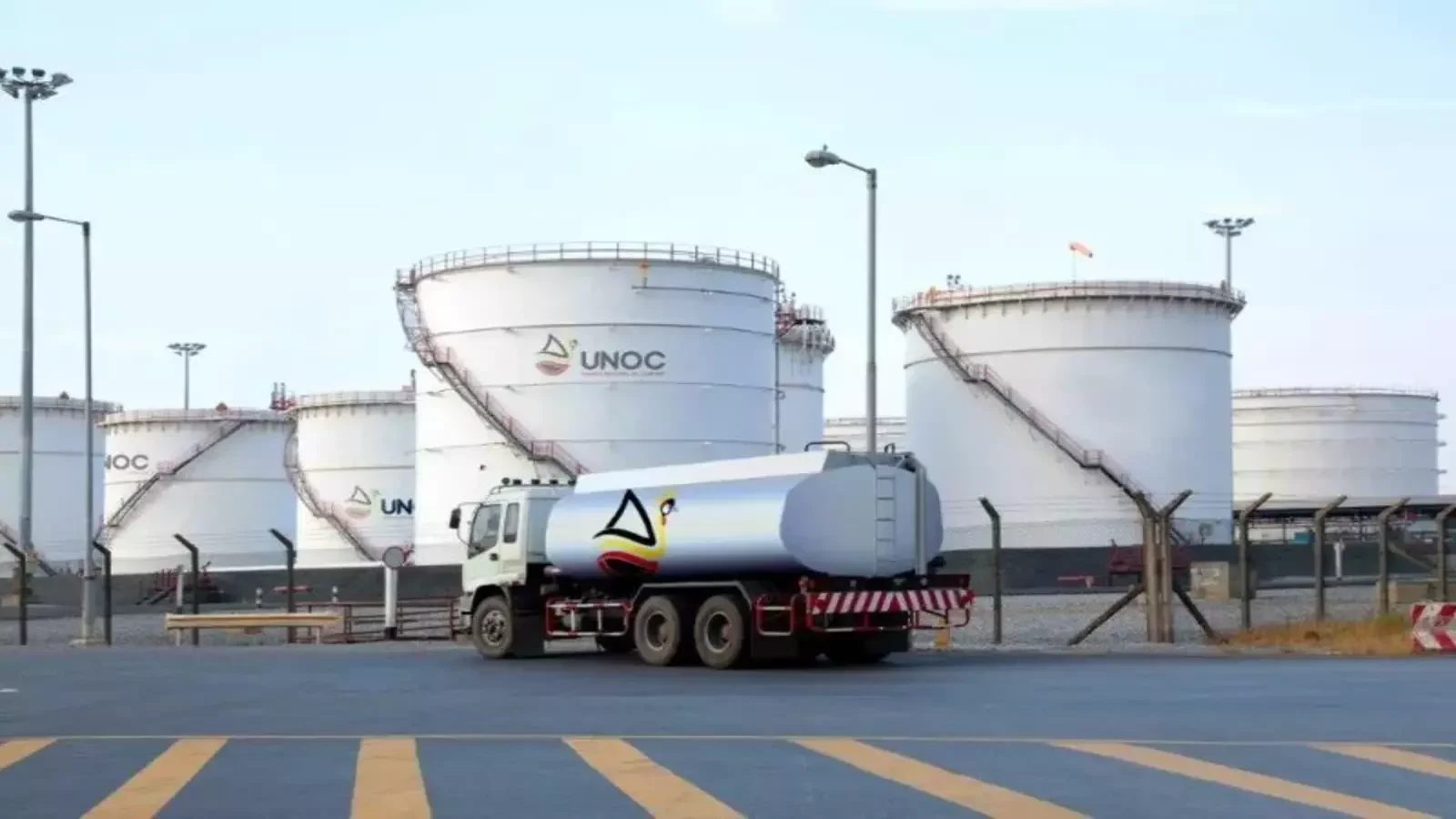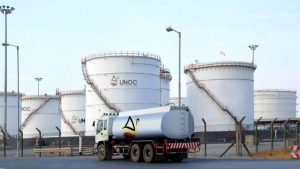Share
Mike Mukula, the National Resistance Movement (NRM) vice chairperson for the Eastern Region, has asked for universal support for the upcoming Uganda National Oil Company (UNOC)-Vitol agreement on oil imports to Uganda, claiming that it will lower pump prices for Ugandans.
“Indirectly, we’re paying for certain costs,” he explained, adding that they have gone to paying intermediaries, upping the rates Ugandans pay at the pump.
According to him, when gasoline arrives at Kenya’s Mombasa port, it includes fees from the Kenya Ports Authority (KPA), pipeline fees for oil transit via the Kenya Pipeline Corporation (KPC), and handling expenses.
“But because Ugandan companies lack financial muscle, they have now fallen into the trap of a cycle where most of the time Kenyan companies speculate and buy fuel and horde,” he added, adding that this raises the cost of oil entering the nation.
According to him, Uganda presently loses an average of $96 million each year in additional costs to Kenyan intermediaries.
Uganda utilizes around 6 to 7 million liters of oil per day and approximately 200 to 210 million litres per month.
According to the Bank of Uganda, Uganda spent $1.6 billion on oil imports last year.
Mukula, speaking on a local radio station on Saturday, stated that the change in the status quo will also assist Uganda in gaining some control of the oil business, which he claims is controlled by international firms.
Despite the fact that Uganda currently has 170 oil marketing businesses, he claims that foreign companies still dominate the country’s oil supply.
“What happens when you total up the entire supply chain?” “Ugandan companies have had very little share,” he remarked.
Cabinet has authorized revisions to the petroleum law that would allow Vitol to supply UNOC solely.
UNOC will then resell the items to gas station owners.
Vitol and UNOC will create “buffer stocks” in Uganda and neighboring Tanzania to ensure Uganda’s supply security.











